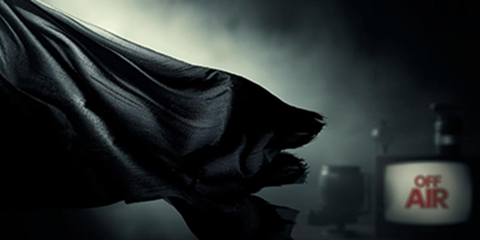
PFUJ recalls November 3, 2007 emergency as Pakistan’s darkest day
November 03, 2025: PFUJ recalls November 3, 2007, as Pakistan’s darkest day under Musharraf, urging protection for journalists and the abolition of laws threatening press freedom.
JournalismPakistan.com | Published 5 years ago
Join our WhatsApp channel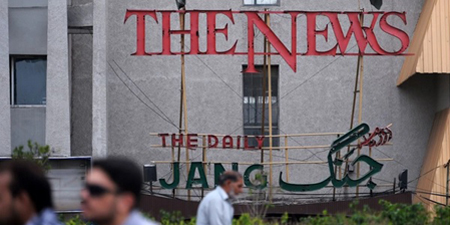
Pakistani authorities should release from custody an editor who may be facing charges as a form of political harassment, Human Rights Watch said.
On March 12, 2020, Mir Shakil-ur-Rehman, the editor-in-chief of the Jang Group, the largest media group in Pakistan, was arrested in Lahore by the National Accountability Bureau (NAB), an anti-corruption watchdog, on charges relating to a 34-year-old property transaction.
The NAB had summoned Rehman to their offices to give a statement. Jang Group alleges that in the past 18 months, the NAB has sent more than a dozen threatening letters to its reporters, editors, and producers for critical reporting of the NAB.
“The space for dissent in Pakistan is shrinking fast, and anyone who criticizes government actions can become a target,” said Brad Adams, Asia director at Human Rights Watch. “Detaining Mir Shakilur Rehman is just the latest case of harassment against Pakistan’s beleaguered media.”
The United Nations Human Rights Committee, the international expert body that monitors state compliance with the International Covenant on Civil and Political Rights, has stated that “pretrial detention should be an exception and as short as possible.” Pretrial detention should not be used as a form of punishment.
Pakistan’s media operates in a climate of fear, Human Rights Watch said. Media outlets are under pressure from authorities not to criticize the government. In July 2019, the Pakistan Electronic Media Regulatory Authority (PEMRA) blocked three television news channels—Capital TV, 24 News HD, and Abb Takk News Network—after they broadcast speeches by opposition leaders. The Pakistan Broadcasters Association, a private industry association, contended that the channels were taken off air without giving them a reason or a hearing.
In some cases, regulatory agencies have blocked cable operators from broadcasting networks that aired critical programs. Geo TV, a private television channel that is part of Jang Group, was temporarily forced off the air and audience access was restricted as punishment for editorials criticizing the government. In July 2019, the Media Regulatory Authority terminated a live interview with opposition leader and former President Asif Ali Zardari on Geo TV, shortly after it began.
In October, Steven Butler, the Asia coordinator for the New York-based Committee to Protect Journalists, was denied entry into Pakistan even though he had a valid visa.
Human Rights Watch has received credible reports of intimidation, harassment, and surveillance by government officials against various non-governmental organizations and their staff. The government uses the Policy for Regulation of INGOs (International Non-governmental Organizations) to impede the registration and functioning of international humanitarian and human rights organizations.
The NAB has been widely criticized for being used for political purposes. In March 2020, the chief justice of the Islamabad High Court ruled the NAB had made arbitrary use of its arrest powers. In February, the Supreme Court Bar Association and the Pakistan Bar Council, the top elected bodies of lawyers in the country, “strongly condemned” the summons issued to opposition leader Bilawal Bhutto, calling it an “act of personal victimization.”
“The Pakistan government is failing in its international legal obligation to ensure an environment permitting free expression and dissent,” Adams said. “The authorities should take all measures necessary to stop the intimidation and harassment of the media and dissenting voices.”—Human Rights Watch/Photo: AFP

November 03, 2025: PFUJ recalls November 3, 2007, as Pakistan’s darkest day under Musharraf, urging protection for journalists and the abolition of laws threatening press freedom.

November 02, 2025: PFUJ urges Pakistan’s federal and provincial governments to end Impunity for Crimes Against Journalists and ensure their safety and press freedom.

November 02, 2025: Impunity for crimes against journalists deepens worldwide as Pakistan reports a 60 percent surge in attacks and weak enforcement of safety laws.

November 01, 2025: Pakistan Press Foundation reports 137 attacks on journalists in 2025, highlighting rising threats, legal harassment, and censorship on the International Day to End Impunity.
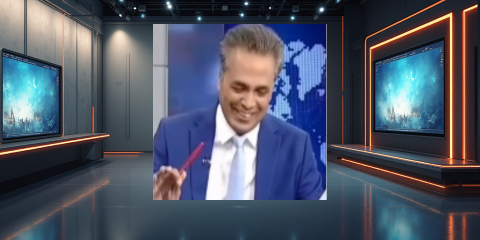
November 01, 2025: A viral Samaa TV clip featuring MNA Sher Afzal Marwat’s crude remarks and Talat Hussain’s laughter raises questions about the declining ethics of Pakistani television.

October 31, 2025: Police foiled a plot to kill DawnNewsTV journalist Tahir Naseer in Rawalpindi after arresting suspects hired for Rs200,000. Naseer says threats followed his reporting.
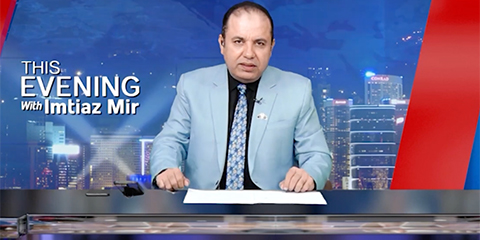
October 31, 2025: CPJ calls on Pakistan to bring Imtiaz Mir’s killers to justice after the journalist was allegedly murdered by a banned militant group in Karachi.

October 30, 2025: The PFUJ has condemned a fabricated drug case against journalist Matiullah Jan, calling it an attempt to silence him and urging authorities to quash the charges immediately.
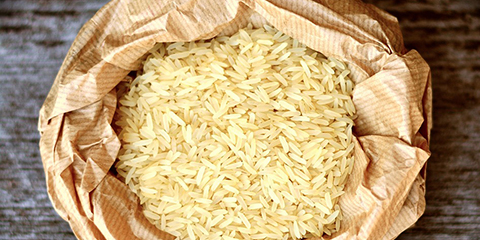
November 03, 2025 Global journalist unions condemn the Indonesian agriculture minister’s lawsuit against Tempo, calling it a threat to press freedom and demanding that the case be withdrawn.

November 02, 2025 Independent outlet All About Macau to halt print and online operations amid rising pressure, financial strain, and legal threats, sparking press freedom concerns in the city.

November 01, 2025 Belarus court jails journalist Siarhei Chabotska for extremism and defaming the president, highlighting Minsk’s ongoing crackdown on press freedom.
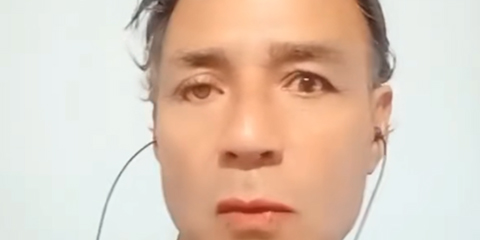
November 01, 2025 Mexican journalist Miguel Angel Beltran was found murdered in Durango. CPJ urges authorities to ensure justice amid rising violence against journalists in Mexico.

November 01, 2025 UNESCO survey finds one-third of media lawyers cannot effectively defend journalists due to threats, limited resources, and lack of specialization.